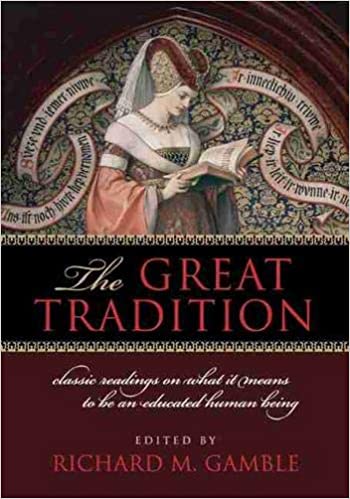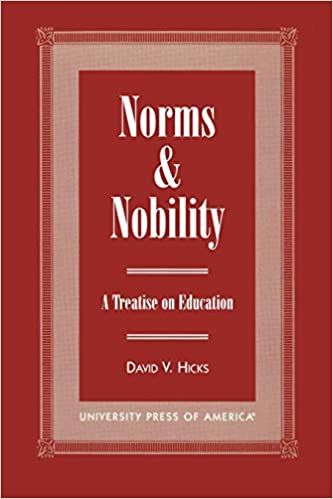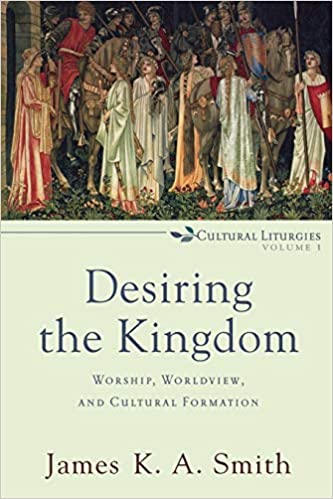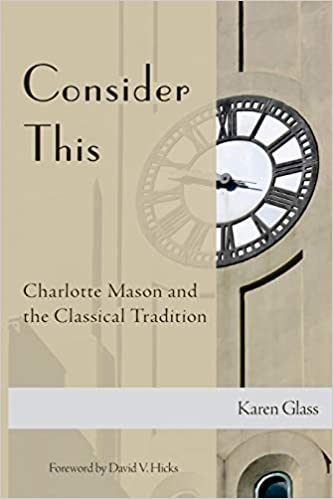The Great Tradition: Classic Readings on What It Means to Be an Educated Human Being
Frustrated with the continuing educational crisis of our time, concerned parents, teachers, and students sense that true reform requires more than innovative classroom technology, standardized tests, or skills training. An older tradition—the Great Tradition—of education in the West is waiting to be heard. Since antiquity, the Great Tradition has defined education first and foremost as the hard work of rightly ordering the human soul, helping it to love what it ought to love, and helping it to know itself and its maker. In the classical and Christian tradition, the formation of the soul in wisdom, virtue, and eloquence took precedence over all else, including instrumental training aimed at the inculcation of "useful" knowledge.
Edited by historian Richard Gamble, this anthology reconstructs a centuries-long conversation about the goals, conditions, and ultimate value of true education. Spanning more than two millennia, from the ancient Greeks to contemporary writers, it includes substantial excerpts from more than sixty seminal writings on education. Represented here are the wisdom and insight of such figures as Xenophon, Plato, Aristotle, Seneca, Cicero, Basil, Augustine, Hugh of St. Victor, Bonaventure, Thomas Aquinas, Martin Luther, John Calvin, Erasmus, Edmund Burke, John Henry Newman, Thomas Arnold, Albert Jay Nock, Dorothy Sayers, C. S. Lewis, and Eric Voegelin.
More info →Norms and Nobility: A Treatise on Education
A reissue of a classic text, Norms and Nobility is a provocative reappraisal of classical education that offers a workable program for contemporary school reform. David Hicks contends that the classical tradition promotes a spirit of inquiry that is concerned with the development of style and conscience, which makes it an effective and meaningful form of education. Dismissing notions that classical education is elitist and irrelevant, Hicks argues that the classical tradition can meet the needs of our increasingly technological society as well as serve as a feasible model for mass education.
More info →Desiring the Kingdom: Worship, Worldview, and Cultural Formation (Cultural Liturgies)
Malls, stadiums, and universities are actually liturgical structures that influence and shape our thoughts and affections. Humans-as Augustine noted-are "desiring agents," full of longings and passions; in brief, we are what we love. James K. A. Smith focuses on the themes of liturgy and desire in Desiring the Kingdom, the first book in what will be a three-volume set on the theology of culture. He redirects our yearnings to focus on the greatest good: God. Ultimately, Smith seeks to re-vision education through the process and practice of worship. Students of philosophy, theology, worldview, and culture will welcome Desiring the Kingdom, as will those involved in ministry and other interested readers.
More info →Consider This: Charlotte Mason and the Classical Tradition
The educators of ancient Greece and Rome gave the world a vision of what education should be. The medieval and Renaissance teachers valued their insights and lofty goals. Christian educators such as Augustine, Erasmus, Milton, and Comenius drew from the teaching of Plato, Aristotle, and Quintilian those truths which they found universal and potent. Charlotte Mason developed her own philosophy of education from the riches of the past, not accidentally but purposefully. She and the other founding members of the Parents’ National Educational Union in England were inspired by the classical educators of history and set out to achieve their vision in modern education. They succeeded—and thanks to Charlotte Mason’s clear development of methods to realize the classical ideals, we can partake of the classical tradition as well.
More info →



